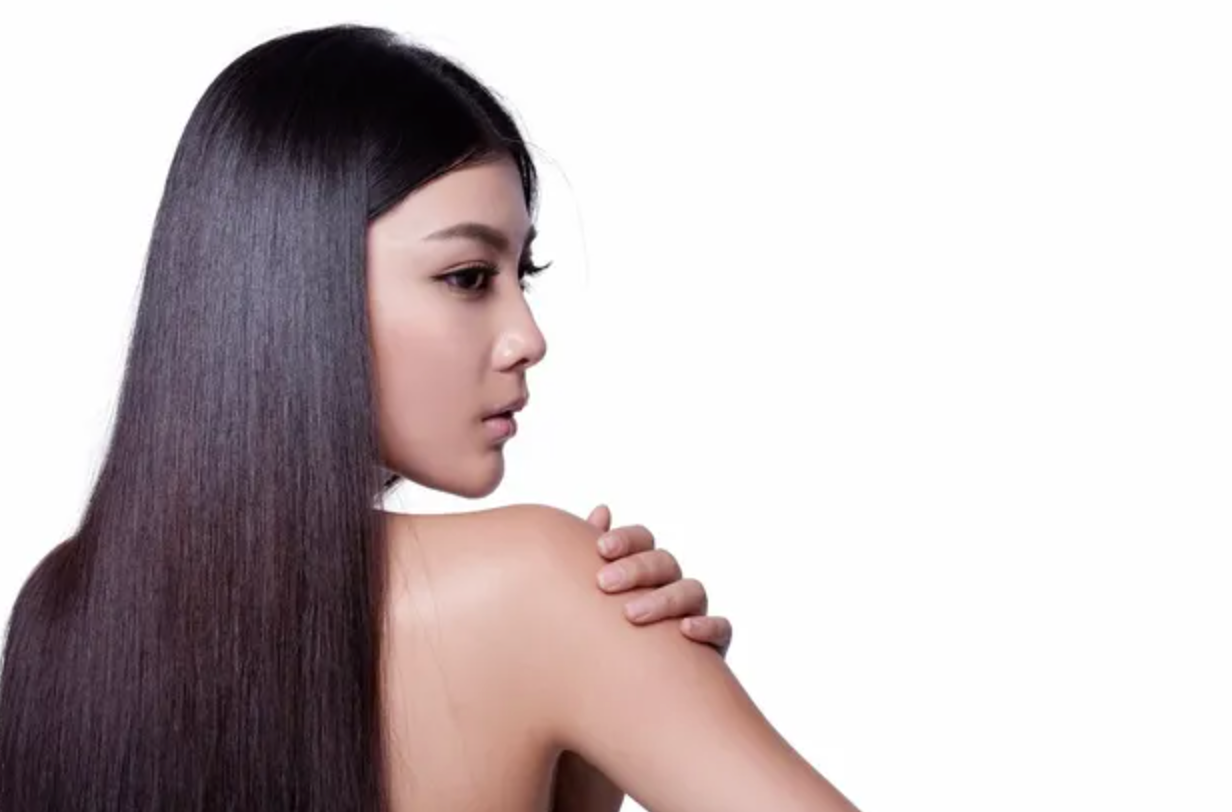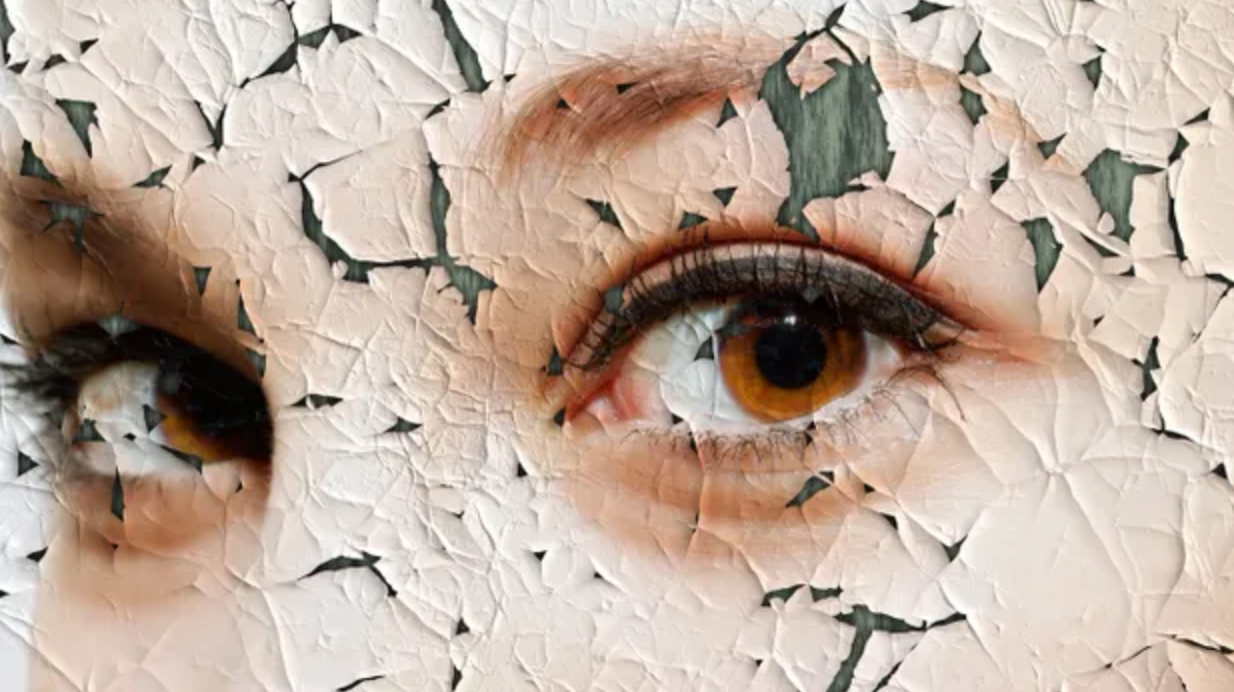
8 Essential Skin-Care Tips for People With Rosacea
Ever wondered what to do to with your Rosacea? Look no further! All you need to know is here!

For many people, rosacea causes more than just facial flushing and redness. Symptoms of the skin condition may also include acne-like bumps, eye irritation, and thickened skin, according to the National Rosacea Society. Although there is no consensus about what causes rosacea, treatments are improving. To decrease redness, try these rosacea skin-care tips.
1. Know Your Triggers for Flares and Try to Avoid Them
Spicy food, alcohol, sun exposure, extreme heat or cold, stress, and even your skin-care products may trigger a rosacea flare, according to the National Rosacea Society. What are your triggers? Keep a journal or make mental notes to determine what may be causing your rosacea symptoms, says Michele Green, MD, a board-certified dermatologist in New York City. You can avoid some triggers, though you may have trouble sidestepping certain other ones. If you do experience a flare, you can minimize your symptoms by taking a cool shower or gently cleaning your face with rosacea skin-care products. “Just don’t scrub, as this will make things worse,” Dr. Green cautions.
RELATED: What to Eat and Avoid to Reduce Rosacea Flares
2. Moisturize, Moisturize, Moisturize to Manage Rosacea
Moisturizer is an essential skin-care product for rosacea. Amy Forman Taub, MD, a dermatologist in the Chicago area and assistant clinical professor at Northwestern University Medical School, tells her rosacea patients to use a moisturizer daily. Moisturizers create a barrier that locks out irritants and can help keep symptoms at bay, but choosing the wrong one can actually make your redness worse. Choose a moisturizer that’s oil-free, fragrance-free, and hypoallergenic, Dr. Taub says: “The fewer ingredients, the better.”
3. Use Gentle Cleansers to Avoid Triggering a Potential Flare
Just as with moisturizer, the type of cleanser you’re using can affect your rosacea. “If you have rosacea, you need to avoid harsh cleansers and astringents, as they can make rosacea much worse,” Green says. Although rosacea can look like acne, many acne treatments are irritating for people with rosacea. Be careful with products that contain retinoids or salicylic acid. Follow the same skin-care guidelines you do for choosing a moisturizer: Your cleanser should be fragrance-free and hypoallergenic. “Be careful about how you use it,” Green adds. Remember, scrubbing has no place in a rosacea skin-care routine.
RELATED: The Skin-Care Glossary Every Woman Needs to Have
4. Be Careful With Facials — They May Do More Harm Than Good for Rosacea
Chemical peels, microdermabrasion treatments, and even run-of-the-mill facials may be good for your best friend’s complexion, but they may make your rosacea worse, Green says. “These treatments can irritate the skin, which can aggravate rosacea,” she warns. If you want a rejuvenating treatment to make your skin look younger or smoother, you can work with your dermatologist to find other skin-care options.
5. Opt for Mineral-Based, Fragrance-Free Makeup When Possible
Makeup may be used to help cover up ruddy cheeks, but it can also worsen rosacea symptoms, says Taub. “Choose fragrance-free, mineral-based makeup,” she suggests. “This tends to be much less irritating to the skin than other types of makeup.” The formula of any makeup for rosacea counts too. When choosing a foundation, Green suggests opting for pressed powder over liquid formulas because liquid can clog the pores and make rosacea symptoms worse. If you’re unsure about how a product might affect your skin, check with your dermatologist first.
6. Practice Sun Safety to Help Prevent Triggering a Rosacea Flare
A past survey by the National Rosacea Society found that the top trigger for rosacea is sun exposure. In fact, 81 percent of respondents said that the sun triggered a rosacea flare. When you’re out in the sun, practice sun safety — apply sunscreen, wear a wide-brimmed hat, and stay in the shade as much as possible. “In general, sunscreens with chemicals are too irritating for people with rosacea, but part of the treatment for rosacea is sun protection,” says Chris G. Adigun, MD, a board-certified dermatologist in Chapel Hill, North Carolina. “Choose sunscreens with physical blockers, such as zinc oxide or titanium.” Just as you carefully choose rosacea skin-care products, make sure your sunscreens are also fragrance-free and hypoallergenic. Apply them generously, and reapply often.
7. Take Steps to Calm Down Rosacea Flares When They Occur
Flares happen when you have rosacea. To minimize rosacea symptoms, try placing ice packs on your face to calm down the inflammation, Taub suggests. Green tea extracts can also be soothing, she adds. Always watch the temperature on anything you apply to your sensitive skin. “Don’t use anything hot, as that will make it worse,” she says. Work with your dermatologist on a strategy for controlling rosacea flares. They may have specific rosacea skin-care products to recommend.
RELATED: 5 Nighttime Skin-Care Mistakes That Are Sabotaging Your Beauty Goals
8. Get to the Bottom of What’s Irritating Your Skin in the First Place
While there is no cure for rosacea, treatments are becoming more tailored to people’s personal rosacea symptoms, Taub says. Topical medications, like creams, lotions, and gels, as well as oral medications, may help reduce inflammation and redness. “If you have a lot of bumps and breakouts with rosacea, topical and oral antibiotics come into play,” Taub adds. People with dilated blood vessels, permanent redness, and other changes on the nose and cheeks may benefit from surgical options, such as laser treatment or intense pulsed light. Talk to your dermatologist to make sure you’re doing all that you can to minimize your symptoms.
EPILYNX SKINCARE TIP: always go for a gentle, hypoallergenic gluten, oil-free face wash, pore refining serum and moisturizer!
Reference and images:
https://www.everydayhealth.com/rosacea-pictures/rosacea-skin-care-tips.aspx



Leave a comment
This site is protected by hCaptcha and the hCaptcha Privacy Policy and Terms of Service apply.